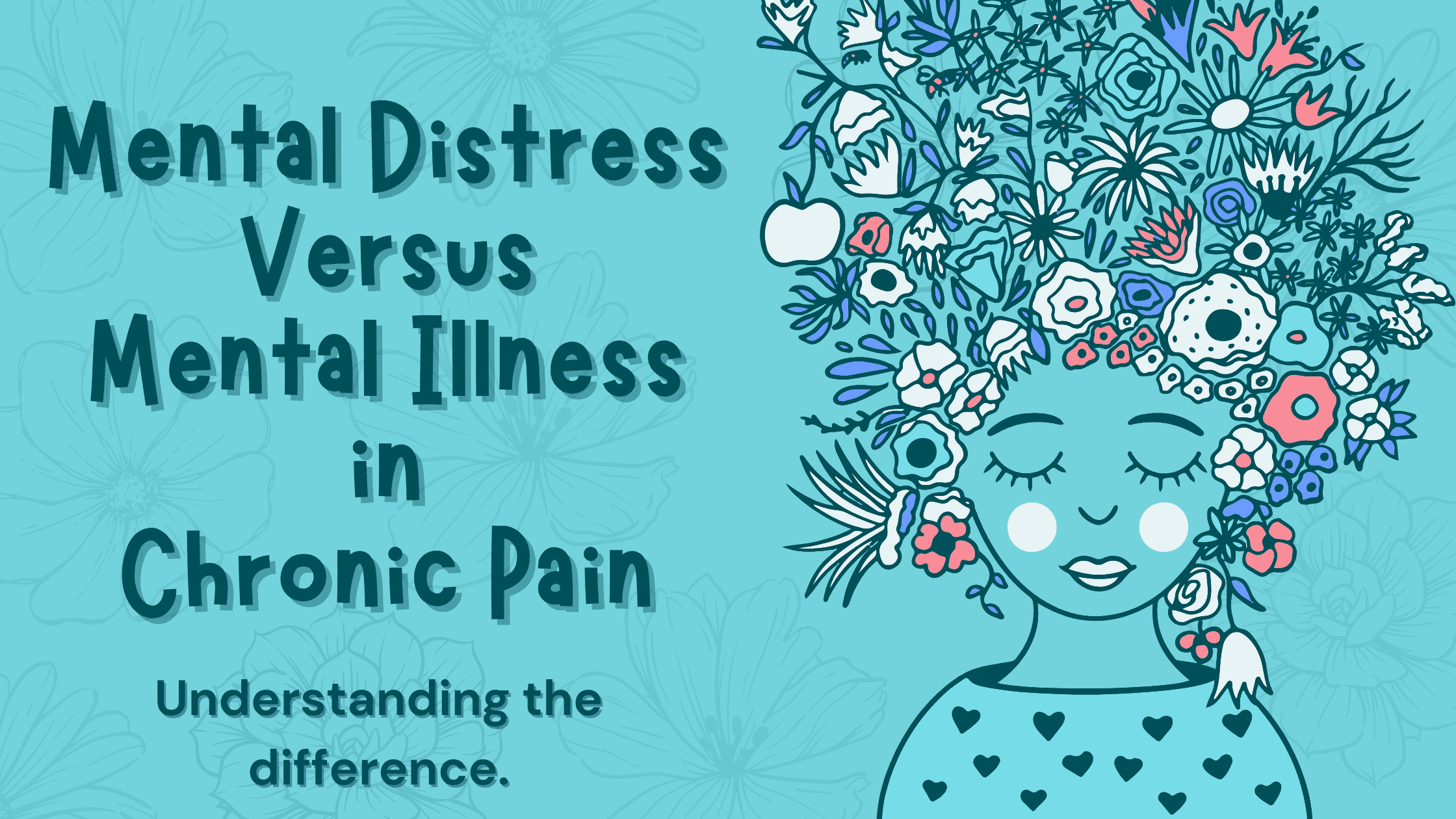Chronic pain sufferers who struggle to find relief often develop psychological challenges that serve to only accentuate their pain – issues such as anxiety, depression and a reluctance to move and exercise.
This isn’t news to most private practice physical therapists who treat patients with chronic pain. Psychological interventions, many agree, should be included as part of a holistic approach to treating chronic pain sufferers.
Still, how can it benefit a physical therapist to develop a knowledge base around psychologically informed care? Shouldn’t a PT stay in her or his lane, focusing on musculoskeletal care while referring clients to mental health professionals?
Based on a recent study presented at the American Academy of Pain Medicine annual meeting, the answer to this isn’t so cut and dry – that is, if you as a physical therapist are concerned about patient compliance.

The Stigma of Mental Health Care
Researchers Ronit Lyon, M.D. and Nathaniel Schuster, M.D. with the University of California San Diego (UCSD), recently discovered that of all chronic pain patients referred to pain psychologists, only 49.3 percent actually followed up with these psychological treatments.
The most significant barrier for patients, the study found, was the patients’ perceived stigma associated with receiving mental health services.
“Studies have also shown that patients are more likely to follow up with mental health services if they have positive feelings toward, more knowledge of, and increased perceived need of mental healthcare,” Lyon stated in an article on the MedPage Today blog.
What does this mean for you, the private practice physical therapists? If you desire to be your community’s go-to resource for chronic pain treatment and care, it means you may have work to do.
It may mean you should implement a level of psychologically informed care at your clinic.

What is Psychologically Informed Care?
Psychologically informed care connects a standard PT practice based on biomedical principles with the more cognitive-behavioral approaches developed for the treatment of mental illness.
A main goal of psychologically informed care is having the ability to identify psychosocial signs (known as “yellow flags”) in a patient which may affect his or her treatment outcomes. Yellow flags can be fears, beliefs, mood, pain levels, negative perceptions, etc.
Once identified, psychologically informed physical therapists would then modify treatments to improve outcomes – treatments that better align with these psychosocial factors.
Offering psychologically informed care isn’t an effort to replace the potential need for more professional psychological interventions. It simply acknowledges such issues in a way that can help in educating the patient while reducing the stigma associated with the need for mental health care.
It can also be a way of better understanding a patient’s personal perception of mental health care, Lyon said, which can be a great starting point for a wider discussion.
“This knowledge may help the provider understand how to best educate and guide the patient in engaging mental health services,” she said.
In other words, it’s about helping the client better understand (through education as well as practice) how the pain sensations they feel may tie together with their fears, their anxiety and their beliefs. Once that connection is made, compliance will likely be affected for the better.

Transforming Chronic Pain Care
I’ve said in past posts and I’ll say it again: private practice physical therapists are well-positioned (perhaps we’re the most well-positioned) to identify and address psychological risk factors – or, yellow flags – in those seeking relief from chronic pain.
Unfortunately, physical therapy education and practice is focused solely on the biomechanical, which forces many of us to treat chronic pain as a more one-dimensional issue.
Often, we as PTs simply don’t feel well-equipped to acknowledge and address psychological factors when it comes to pain. This not only limits patient outcomes, but it may also affect the future noncompliance of a patient who may benefit from psychological interventions.
Therefore, if we truly want to stand out in our markets as the go-to solution for chronic pain sufferers, we must enhance our professional knowledge of the psychological factors that contribute to chronic pain.
Dr. Tatta’s simple and effective pain assessment tools. Quickly and easily assess pain so you can develop actionable solutions in less time.
The Next Step
At the Integrative Pain and Science Institute, we’ve responded to this call for the need to psychologically informed care by offering education and training that allows physical therapists to feel confident in assessing psychological factors when treating chronic pain.
By learning to identify potential yellow flags in a patient, then altering their treatments accordingly, physical therapists and their patients will begin to see improved, more long-lasting outcomes that truly make a park of people’s lives.
Offering such well-rounded care and treatment can, of course, also set your clinic apart within your local market.
Click here to reach out for more information about psychologically informed care and how this approach can improve your clinic.



